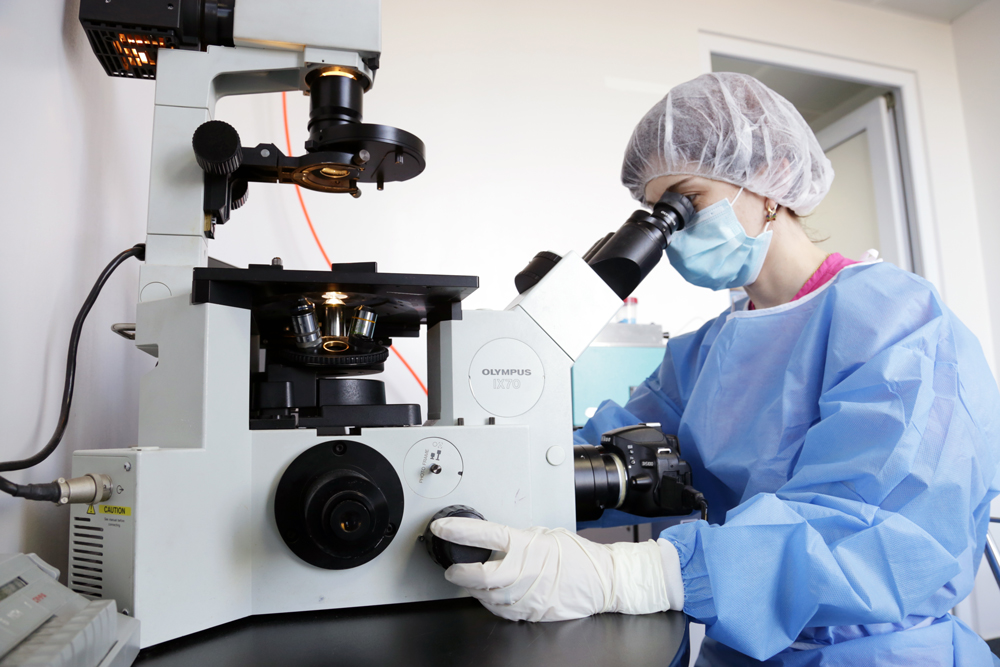Most people that start families will undergo a typical parental experience, watching the child grow up, and dealing with the usual social and educational concerns that everyone has about getting good grades, and properly socializing with others for positive interactions and relationships.
However, not every family is going to follow the average path. Some families may find that medical conditions have an impact on the development of a child. For some, these can be specific physical medical conditions such as deafness or blindness that change the way a child learns and interacts with the world. For others, it may be more behavioral disorders, such as Autism Spectrum Disorder, or ASD. Like all conditions, someone diagnosed with ASD benefits the most from specific, focused treatment. But what does that constitute for ASD? This is where understanding what it is, and what Autism Treatment Centers do comes into play.
What is Autism Spectrum Disorder?
Autism spectrum disorder, more commonly known as ASD, is a condition with both physical and behavioral symptoms, although it is the behavioral symptoms that are the most visible and often the most treated. Unlike other conditions, ASD doesn’t have a single set or group of symptoms but instead covers a huge range of different behavioral symptoms at differing intensities.
This is the reason that the disorder is referred to as being on a spectrum, and so are the people diagnosed with the condition. One person can have a very significant set of symptoms that is severe enough to warrant the use of medication and intensive therapy. Another person, however, can have only a handful of symptoms that are so mild that there’s no need for medical diagnosis, except to satisfy curiosity.
Fortunately, it’s possible to diagnose ASD very early in children. Because of the vast range of different behavioral symptoms that may be displayed, there are a variety of different methods, approaches, and even diagnostic tools that may be required for a proper treatment plan to be formulated. This is one of the reasons why an autism treatment center can be an important ally during the process.
Treating According To Need
ASD’s multitude of symptoms at different intensities means that there is no “one size fits all” treatment method that will work on every child, the way a vaccine works. Instead, the most important first step is an accurate, comprehensive diagnosis that lays out the specifics of a child’s ASD so that everyone knows which aspects must be addressed first. As one historical example, it wasn’t until the 1980s that ASD was even recognized as its own distinct medical condition. Some people with ASD were diagnosed as schizophrenic and were treated in that manner, even having anti-psychotics applied because the more severe cases of ASD responded to antipsychotic medication.
On the other hand, some people with ASD were diagnosed as having Asperger’s Syndrome, which is considered a milder, behavioral that sometimes does not even require medical or psychological treatment of any sort, resulting in “eccentric behavior” at its mildest. This means that it’s important to catalog the different behaviors and their intensities, and then come up with a treatment plan that addresses the individual.
Help From Centers
ASD is a condition that is managed. Unfortunately, medical science currently has no cure for this condition, though different approaches can help to address different symptoms. An Autism Treatment Center is one of the best ways for families to get the help they need in understanding how an ASD diagnosed child sees the world, and the best way to manage those symptoms to still live a productive life with the potential for education and self-advancement.
Depending on the diagnosis of a child, treatment methods will vary a lot. Some children diagnosed with very severe symptoms may require medication, such as antipsychotics, to be receptive to other forms of treatment. Other children may be recommended to undergo a regimen of behavioral therapy, consciously training them to overcome their symptoms, such as children learning to make eye contact while speaking with others, or waiting for others to finish speaking before giving out a reply.
In some cases, there may be medical treatments suggested for specific aspects of ASD. Some ASD symptoms are physical, such as the incidence of digestive/gastrointestinal conditions that have a higher occurrence rate in ASD patients. In other cases, more experimental forms of treatment may be suggested at other clinics, such as stem cell therapy. Stem cell therapy, while only approved for cancer-blood disorders in the USA, is now being offered in other countries to treat some symptoms of ASD. Hostility and attention-deficit disorders, for example, have shown promising results, through the use of stem cell therapy, but research into this form of treatment continues.
Ultimately, it is up to parents to get their children diagnosed and then decide what is the best course of action for a child’s welfare. An autism treatment center can be an important cornerstone of this.


